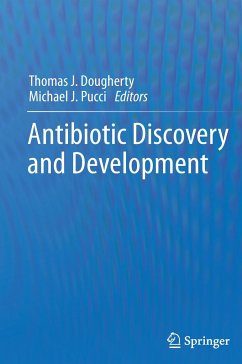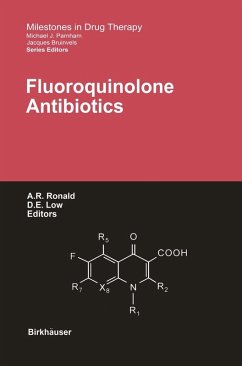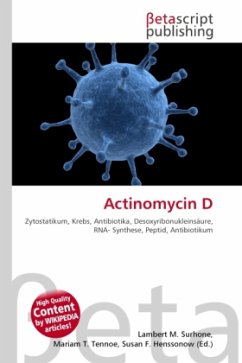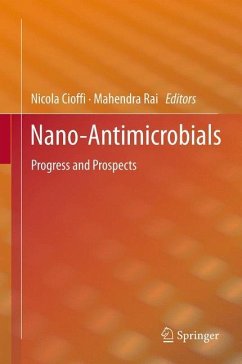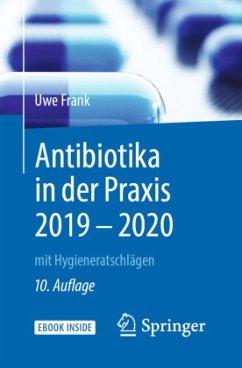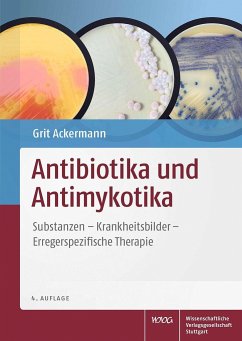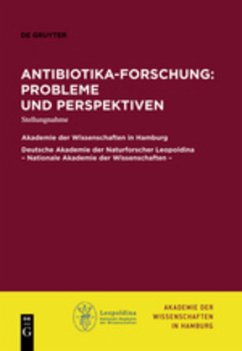
Antibiotic Resistance
Mechanisms and New Antimicrobial Approaches
Herausgegeben: Kon, Kateryna; Rai, Mahendra

PAYBACK Punkte
48 °P sammeln!
Antibiotic Resistance: Mechanisms and New Antimicrobial Approaches discusses up-to-date knowledge in mechanisms of antibiotic resistance and all recent advances in fighting microbial resistance such as the applications of nanotechnology, plant products, bacteriophages, marine products, algae, insect-derived products, and other alternative methods that can be applied to fight bacterial infections.Understanding fundamental mechanisms of antibiotic resistance is a key step in the discovery of effective methods to cope with resistance. This book also discusses methods used to fight antibiotic-resi...
Antibiotic Resistance: Mechanisms and New Antimicrobial Approaches discusses up-to-date knowledge in mechanisms of antibiotic resistance and all recent advances in fighting microbial resistance such as the applications of nanotechnology, plant products, bacteriophages, marine products, algae, insect-derived products, and other alternative methods that can be applied to fight bacterial infections.
Understanding fundamental mechanisms of antibiotic resistance is a key step in the discovery of effective methods to cope with resistance. This book also discusses methods used to fight antibiotic-resistant infection based on a deep understanding of the mechanisms involved in the development of the resistance.
Understanding fundamental mechanisms of antibiotic resistance is a key step in the discovery of effective methods to cope with resistance. This book also discusses methods used to fight antibiotic-resistant infection based on a deep understanding of the mechanisms involved in the development of the resistance.




